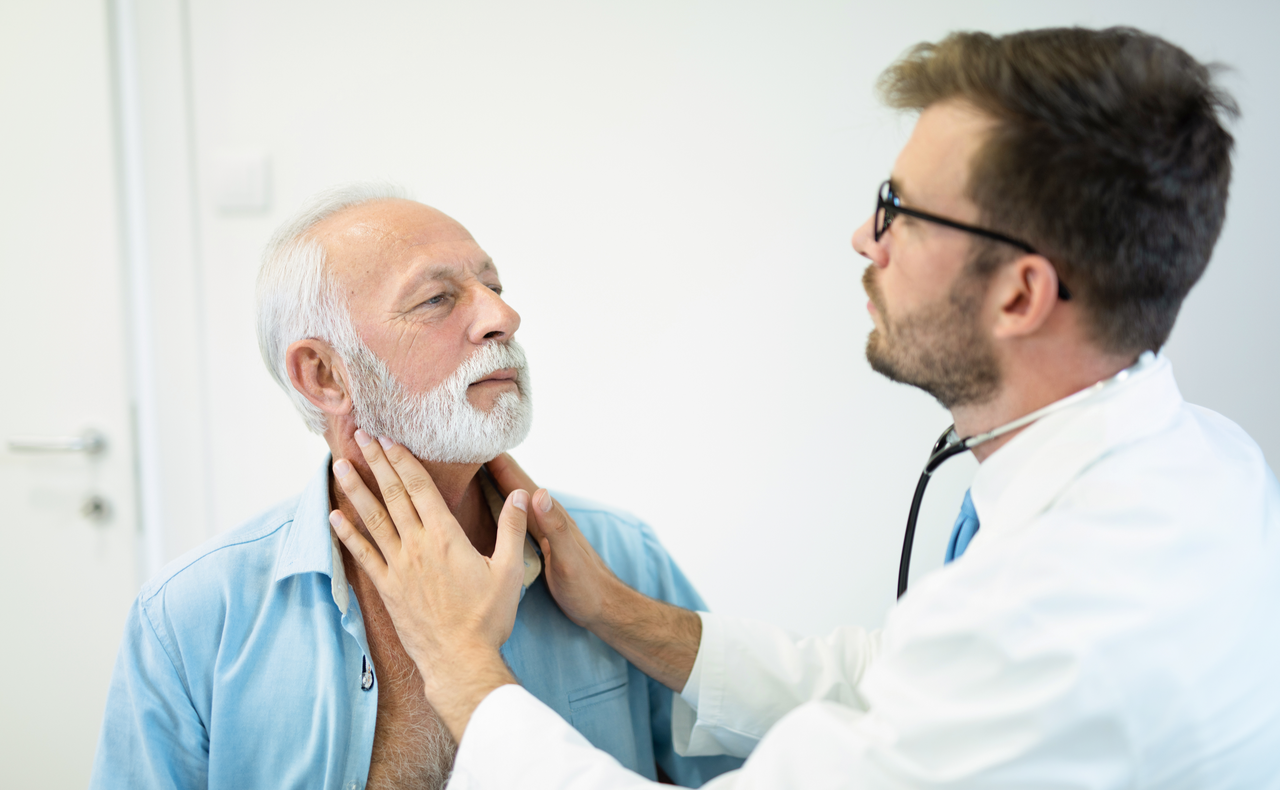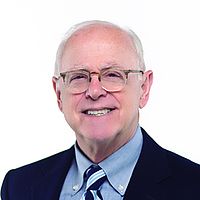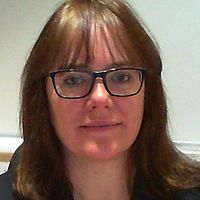SpeechLive facilitates the dictation flow of doctor Guldmann, an ENT and head and neck surgeon
The facts
The customer
Romain Guldmann, ENT and head and neck surgeon, Strasbourg, France
Visit the website ›
Philips partner
Elindo
Visit the website ›
Dr Guldmann, an ENT specialist and head and neck surgeon, shares his time between consultations in his ENT surgery ‘L’Orangerie’ and the Sainte Barbe clinic where he operates.
With 30 to 40 patients welcomed every day by each of the surgery’s five associates, managing correspondence and administrative documents represents an important share of the work at L’Orangerie for the surgery’s practitioners and four secretaries.
Dictation at the heart of activity
Given his profession, Dr Guldmann admits that he is led to dictate on a virtually permanent basis. ‘We don’t create a letter for each consultation we do, but as specialists, our patients are referred to us with a letter from their general practitioner who, quite logically, expects feedback on what has been done.’ Dr Guldmann is required to produce a report for a quarter to half of his consultations. With his voice recorder always close at hand, he dictates the letter in front of his patient, ‘Which improves the patient’s understanding of the situation and offers an opportunity to ask questions and, simply, to be a little more confident.’
Dictation is also an integral part of his activity at the clinic, during the surgical procedures he conducts there. Each operation is transcribed via a surgery report.

It’s pleasant to be able to safely say that you can gain in productivity when you lose lots of time on administration. With SpeechLive, we gain medical time. It was our initial aim, and we have largely achieved it!
Dr. Romain Guldmann
ENT and head and neck surgeon
“
In quest of a modernised solution
Up to just a year ago, analog cassettes were used to transcribe many of the surgery’s medical consultations. Practitioners dictated on voice recorders and, at the end of the day, they gave the cassettes to their secretaries, who then quietly transcribed.
Pretty satisfied with the technology which he deemed reliable, Dr Guldmann was nevertheless looking to invest in a solution that would offer a general modernisation. The challenge resided in the need to find a solution that satisfied criteria pertaining to medical coding and that, in practical and connective terms, proved compatible for all users, ‘We were looking for maximum reactiveness between the time we dictate the letter and the moment it is transcribed by our secretaries, and - in particular - a solution that was in line with our activity, which is shared between our premises and external sites.’ explains Dr Guldmann.
And it’s with Elindo that he chose to move forward, after an in-depth market study. ‘We were quick to realise that current solutions offered by competitors did not satisfy our needs, since our surgery works on Mac,’ continues Dr Guldmann.
A goal for productivity gain achieved
Today, the surgery has followed Elindo’s recommendation to opt for the Philips SpeechLive cloud solution. Each practitioner has his or her own pre-recorded SpeechLive account on the personal digital voice recorder used in the surgery, but also configurated on their smartphones direct from the app.
The five associates can therefore dictate and use SpeechLive both inside the surgery and elsewhere. ‘We chose SpeechLive for its multiplatform aspect and because we wanted something extremely simple for everyone, something that, once configurated, could enable us to easily send correspondence to our secretaries, whether we are in the surgery or not.’ Secretaries now receive the files direct at their work stations after each consultation. They can transcribe the most urgent reports within 10 minutes. Hence bringing an end to long hours and an accumulation of cassettes on their desks. Furthermore, files are digitised, practitioners can directly provide secretaries with the patient’s personal details, which they can synchronise with the patient’s medical file via SpeechLive. Dr Guldmann reveals that he now appreciates the advantages of digital technology to modify a letter himself for example, by adding audio files, without necessarily deleting what has already been recorded.
A further advantage when he operates at the clinic: the possibility to directly forward urgent letters and medical reports to his secretaries, via the Philips dictation application on his smartphone, to overcome the delays inherent to the clinic’s internal analog system.
This choice has enabled the surgery’s teams to maintain their usual working habits. Equipped with their Philips voice recorders, they still benefit from the same ergonomics, whilst achieving their objective to gain in productivity.




